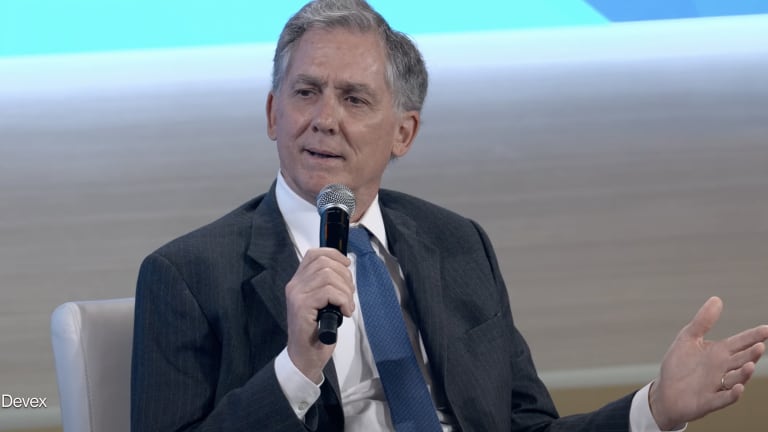Some progress but a very long way to go — that seemed to be the broad consensus after last week’s World Bank and International Monetary Fund annual meetings held in Africa for the first time in 50 years.
Ministers, civil society groups, experts, the media, and others met in Marrakech, Morocco, for the annual talks, amid a backdrop of escalating conflict between Israel and Hamas, ongoing war in Ukraine, soaring food prices, increasing climate disasters, debt distress, slowing economic growth, and record inflation, according to the latest IMF outlook.
Despite the gloomy prospect, the meetings saw some wins, with the World Bank's governing board endorsing a new vision statement — to "create a world free of poverty on a liveable planet" — which broadens the bank’s anti-poverty mission to include tackling climate change.








